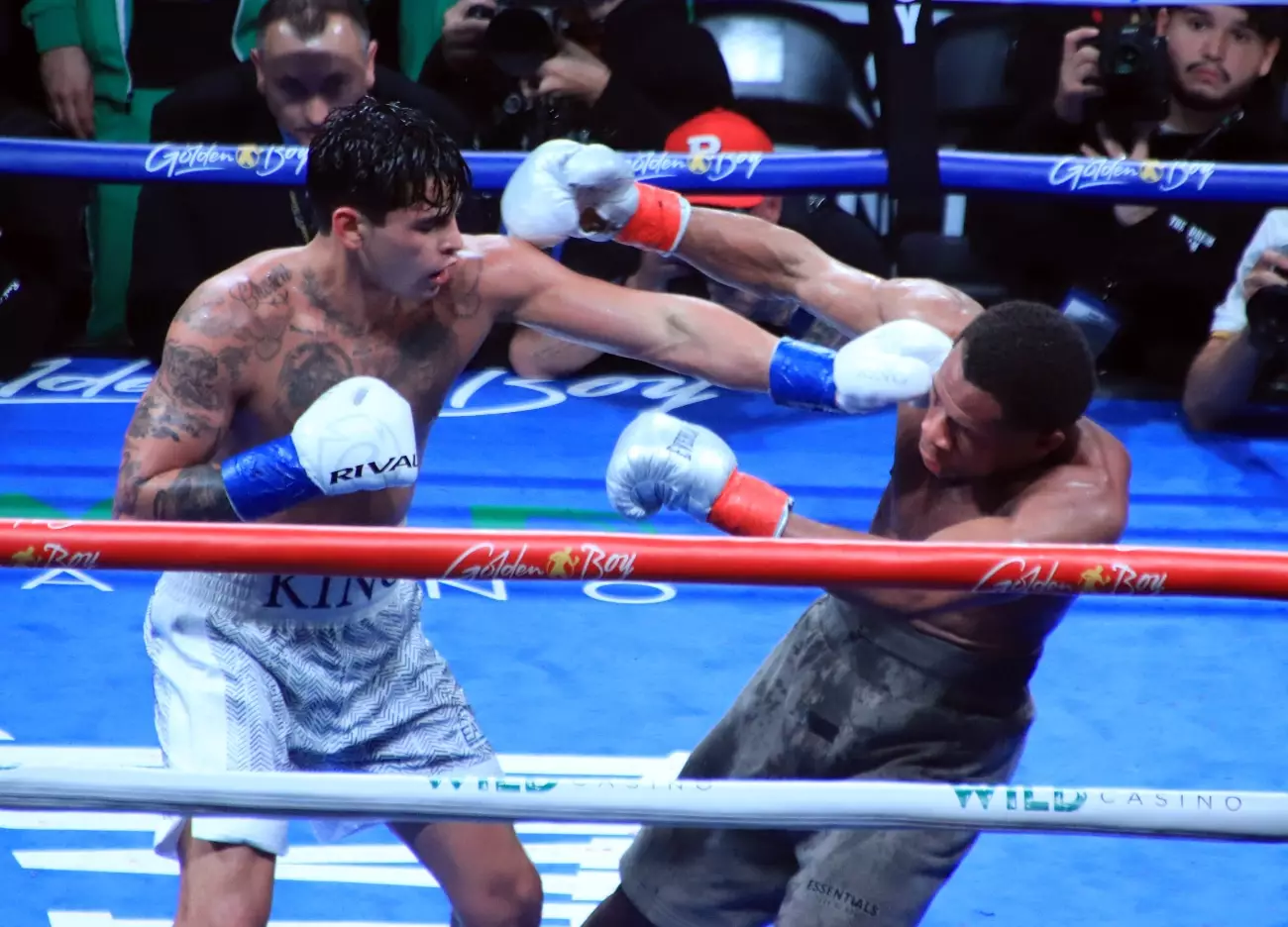In the realm of boxing, legal disputes can often overshadow the thrilling bouts that fans yearn for. A prime example is the ongoing feud between Ryan Garcia and Devin Haney, where a lawsuit has become the focal point in negotiations for a potential rematch. Garcia has publicly stated that before he can even consider discussing a rematch, the lawsuit initiated by Haney and his father, Bill, must be dropped. This statement highlights not only the complexities of boxing politics but also sheds light on the implications of legal entanglements in the sport.
Devin Haney and his father have been adamantly insistent on pursuing the lawsuit, ostensibly to make a statement against Performance Enhancing Drug (PED) usage in boxing. They argue that their actions could deter future infractions in the sport. However, critics suspect that financial gain might be a significant motivation behind their pursuit. Some fans speculate that Haney hopes to secure a lucrative payout from the lawsuit while simultaneously positioning himself for a rematch with Garcia. This dual objective could indicate a desire to capitalize on both legal and competitive grounds, since Haney’s reputation and marketability also hinge on facing the popular Garcia in the ring again.
For Garcia, the situation is clear: a rematch cannot occur unless the lawsuit is resolved. He expressed his thoughts candidly, stating, “If they want to do it, they have to drop the lawsuit first before we even talk about a rematch.” His stance is pragmatic; he is unwilling to engage in negotiations while a legal battle looms overhead. Such conditions not only protect his interests but also set a precedent that fighters should not be penalized for potential conflicts stemming from their performance inside the ring.
Garcia has also commented on the psychological tactics employed during their initial bout in April, where he admitted to employing a wacky facade to throw Haney off his game. This insight speaks to the intricate mind games that are often part of boxing. Garcia’s willingness to acknowledge his strategies reflects his understanding of the sport as not simply a physical encounter but a mental chess match, where preparation and psychological manipulation play crucial roles.
The ongoing standoff raises questions about the future of negotiations between Garcia and Haney. Will Haney prioritize the lawsuit over the opportunity for redemption in the ring? As the situation evolves, it’ll be intriguing to see how financial interests balance against competitive aspirations. Further complicating matters is the potential dependence on third parties, like Turki Al-Shiekh, to mediate the situation. If Haney continues to pursue the lawsuit, it could result in significant ramifications for both fighters—financially and in terms of their legacies.
As boxing fans eagerly await a resolution, one thing is certain: the intersection of legality and sport often creates as much drama outside the ring as within it. Consequently, the future of this anticipated rematch hangs in the balance, largely dictated by the legal decisions made by the individuals involved.

